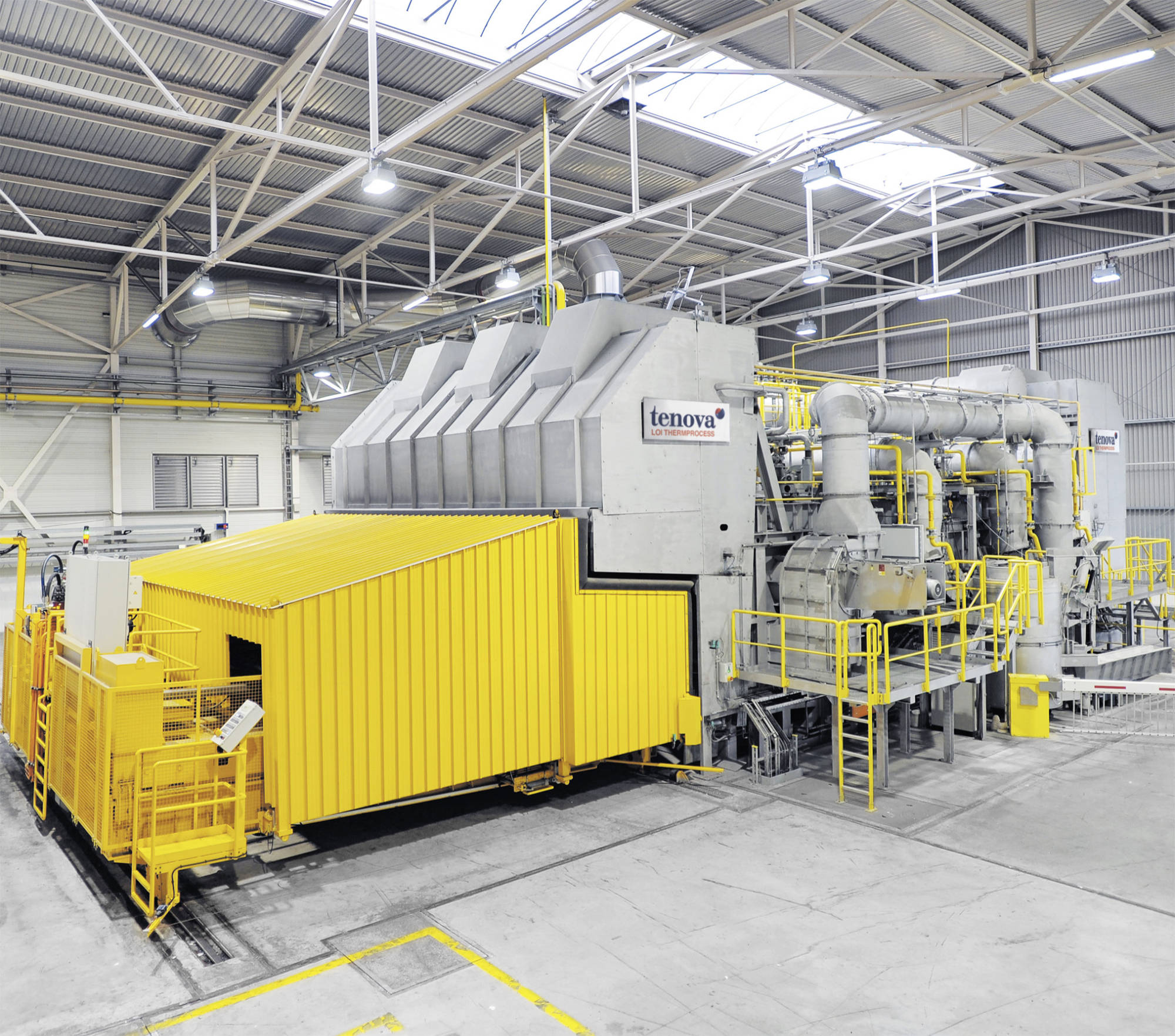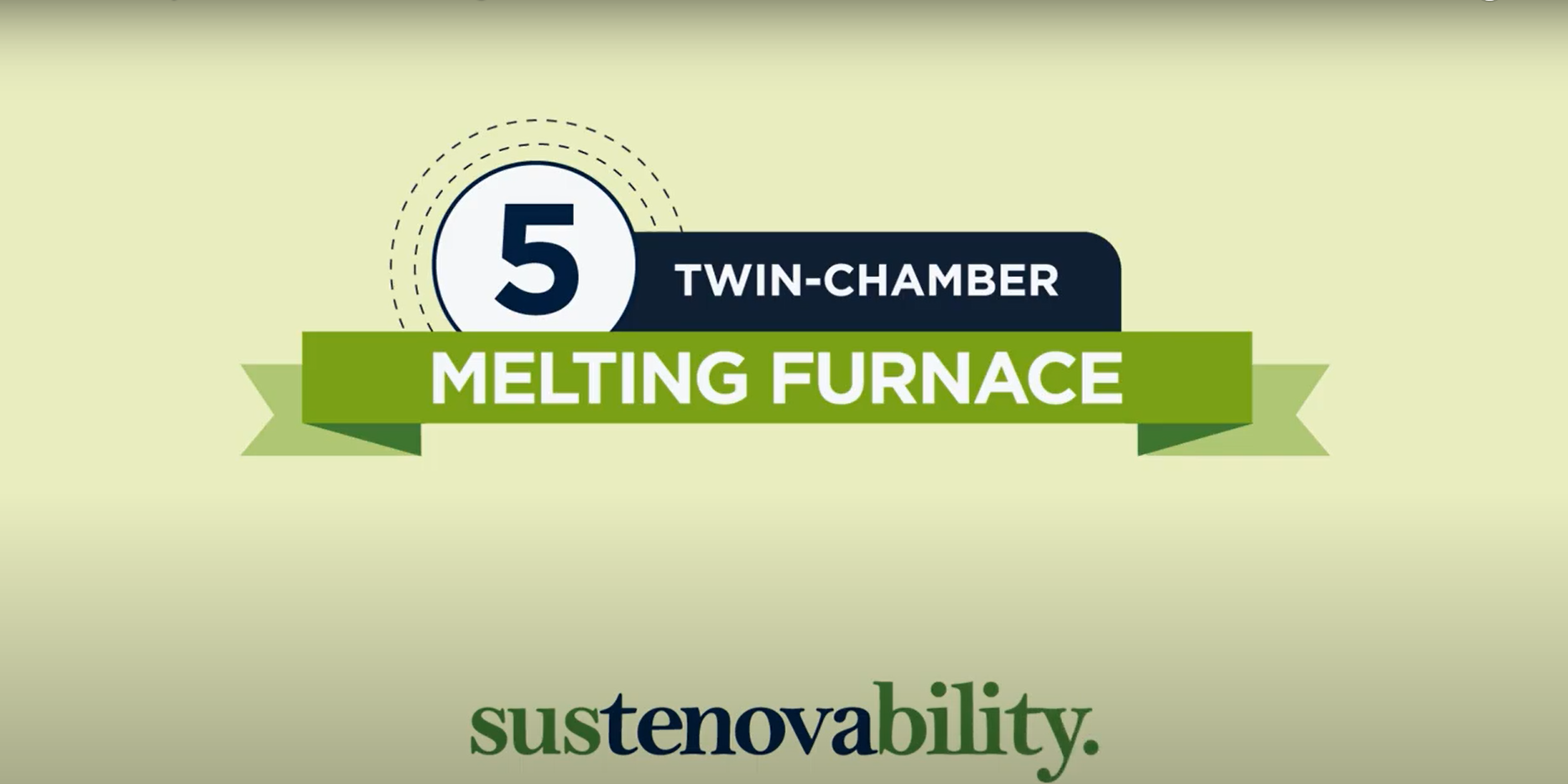Aluminum scraps are more valuable than one might think. Reprocessing these materials through the Twin-Chamber Melting Furnace (TCF®) technology will result in saving resources, avoiding harmful emissions and reducing the use of natural fuel.
We encounter it countless times in our daily life, under many different appearances. Whether it is a very common can of a soft drink, the structure of a window, a component of our vacuum cleaner or the frame of our car, it offers its services with great generosity, thanks to its optimal features of lightness, ductility and resistance to corrosion. It is aluminum, one of the most recyclable materials.
Since aluminum can be reused over and over again, its scraps are more valuable than any other items we typically throw into the wastebasket. The aluminum obtained by means of recycling is recognized as regular production material. Indeed, the production of recycled aluminum does not only require less energy (only 5% of the energy used to produce primary aluminum), but it also reduces waste and greenhouse gas emissions in full compliance with the principles of the circular economy.

The technology of our aluminum recycling represents a whole new ball game that Tenova is taking to a sustainable level, through our own innovative and sustainable solutions such as the Twin-Chamber Melting Furnace (TCF®), a technology of Tenova LOI Thermprocess that is applied to aluminum remelting plants worldwide.
An innovative process for aluminium recycling
The TCF® consists of two chambers in a common furnace casing. It provides fresh liquid aluminum made from end of life and production return scrap. TCF® is composed by a Heating Chamber and a Scrap Chamber. Scrap is put into the process without pre-treatment, since all the treatment happens inside the TCF® recycling furnace. This process supports saving resources, avoids harmful emissions and reduces the amount of natural gas required. The combination of a TCF® with a waste gas purification plant is a sensible solution for aluminum recycling in both ecological and economic terms.
Also for existing casthouses, the application of the TCF® technology on recycling of post consumer scrap will significantly reduce the overall CO2 emissions of the plant, as the process generates only 0.5 t of CO2 per t of aluminum.
Tenova LOI Thermprocess counts more than 30 TCF® installations worldwide, producing approximately, a combined 1,500,000 MT of liquid aluminum, on an annual basis.
Related technologies
Want to know more?
Get in touch with our experts on the subject


